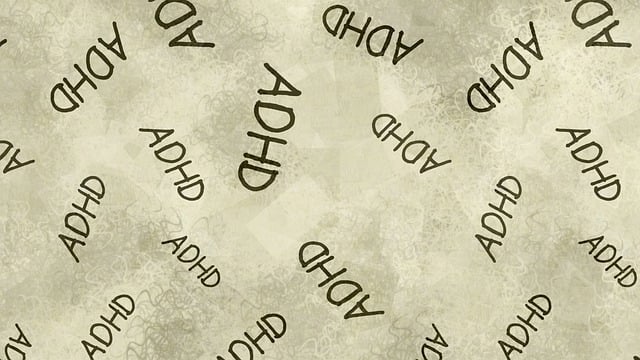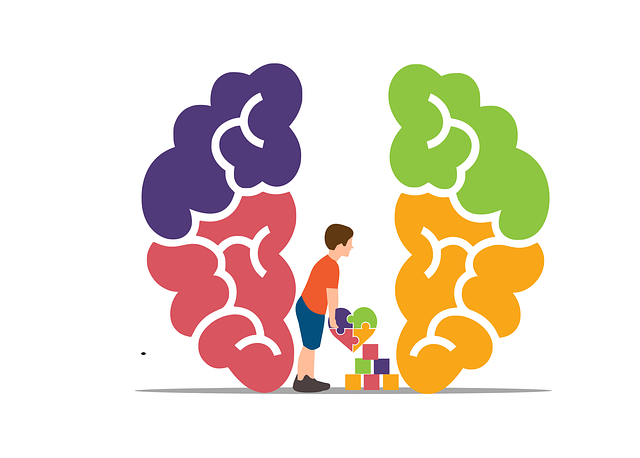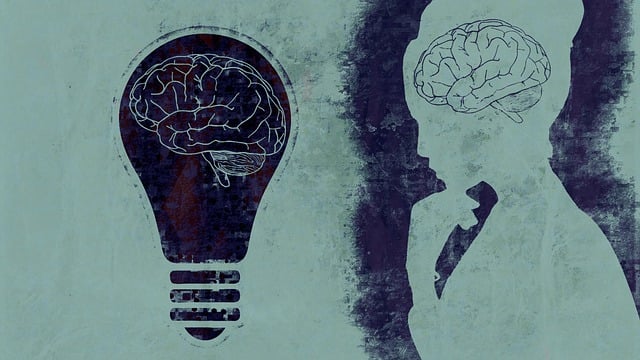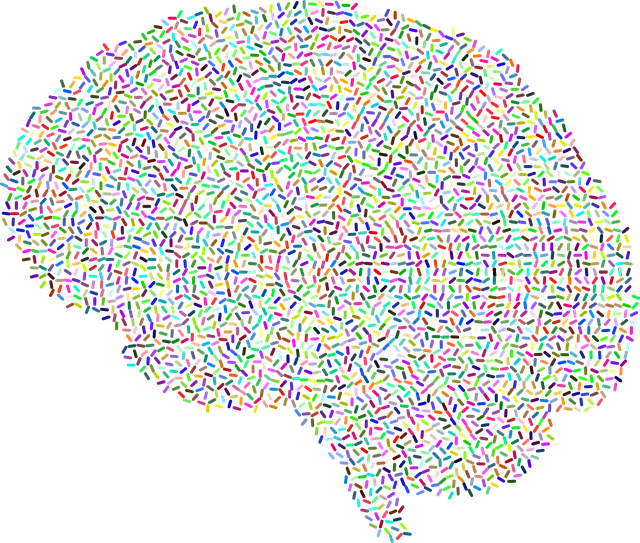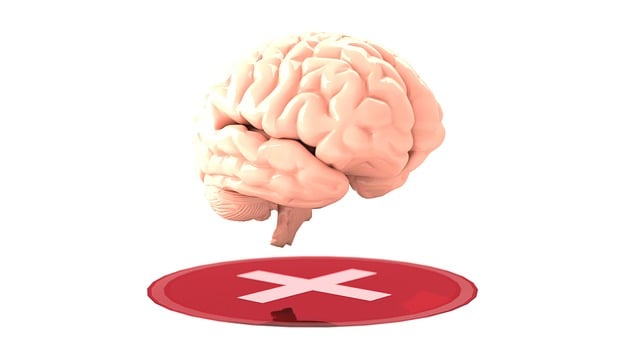Community outreach programs in Northglenn target mental health disparities by offering direct therapy, evaluations, and creative education. Tailored strategies address diverse socio-economic and cultural needs, promoting self-care and reducing stigma. Local partnerships enhance access through flexible services like mobile clinics and virtual consultations. Comprehensive risk management ensures safety while encouraging early intervention. Evaluating program impact through mental health assessments reveals improved community well-being, open communication, and decreased untreated mental illnesses. Northglenn's initiatives revolutionize care, catering to evolving needs.
Community outreach programs play a vital role in enhancing mental health support, especially in diverse urban areas like Northglenn. This article delves into the significance and implementation of such initiatives, focusing on Northglenn’s unique challenges. We explore key components and best practices for designing effective outreach programs, including strategies to overcome barriers and engage the community. Additionally, we discuss measuring success through mental health evaluations and therapy impact assessments in Northglenn, highlighting the overall effectiveness of these initiatives.
- Understanding Community Outreach Programs: Their Role in Mental Health Support
- Northglenn's Unique Challenges: A Case for Targeted Outreach Strategies
- Designing Effective Outreach Programs: Key Components and Best Practices
- Implementing Therapy Services: Overcoming Barriers and Engaging the Community
- Measuring Success and Impact: Evaluating the Effectiveness of Northglenn Mental Health Outreach
Understanding Community Outreach Programs: Their Role in Mental Health Support

Community outreach programs play a pivotal role in enhancing mental health support, particularly in areas like Northglenn where access to specialized services might be limited. These initiatives are designed to bridge the gap between vulnerable communities and essential mental health resources, including therapy and mental health evaluations. By bringing professional care directly to underserved populations, they foster an environment conducive to early intervention and ongoing treatment.
The success of such programs often hinges on effective communication strategies, aligning with the principles of Mind Over Matter. Through creative outreach methods, these initiatives raise awareness about mental health issues, dispel stigma, and encourage individuals to seek assistance. Moreover, a robust Mental Health Policy Analysis and Advocacy component ensures that community needs are reflected in local and regional mental health policies, leading to more effective and accessible support systems for Northglenn residents.
Northglenn's Unique Challenges: A Case for Targeted Outreach Strategies

Northglenn, like many communities, faces unique challenges when it comes to mental health services and outreach. With a diverse population, varying socio-economic backgrounds, and an array of cultural factors, providing effective support requires tailored strategies. For instance, areas with limited access to resources or those experiencing higher levels of stress, such as low-income neighborhoods, may need specific programs focusing on Northglenn mental health evaluations and accessible therapy.
Community outreach plays a pivotal role in addressing these disparities. By employing targeted initiatives, organizations can encourage residents to prioritize self-care routine development for better mental health. This involves promoting stress reduction methods and anxiety relief techniques suitable for diverse groups. Such personalized approaches ensure that everyone has the opportunity to access support tailored to their needs, fostering a healthier and more resilient community.
Designing Effective Outreach Programs: Key Components and Best Practices

Designing effective community outreach programs is an art that requires careful consideration to address mental health concerns in Northglenn. These initiatives aim to provide much-needed support and therapy while fostering a sense of community. Key components include identifying specific needs, such as burnout prevention among mental health professionals or addressing cultural sensitivity in healthcare practices, which are prevalent issues locally. Tailoring programs to these unique challenges ensures relevance and engagement.
Best practices emphasize collaborative efforts with local organizations and community leaders. By forming partnerships, outreach can be more targeted and efficient. Additionally, risk management planning is essential for mental health professionals; integrating this into program design protects both practitioners and clients while fostering a safe environment for therapy and evaluation, including Northglenn Mental Health Assessments and Therapy services.
Implementing Therapy Services: Overcoming Barriers and Engaging the Community

Implementing therapy services as part of community outreach programs can significantly enhance mental health support for residents in areas like Northglenn. Overcoming barriers to access is crucial; many individuals face hesitations due to stigma, cost concerns, or lack of awareness about available resources. Community partnerships and educational initiatives focused on destigmatizing mental health can encourage more people to seek help. Offering flexible options, such as mobile clinics or virtual consultations, can further improve accessibility for those who may not be able to visit traditional therapy settings.
By integrating these services into community spaces, organizations can foster a sense of trust and comfort. Incorporating activities that promote positive thinking and self-esteem improvement alongside direct therapy sessions can create a holistic approach to mental well-being. Additionally, providing crisis intervention guidance through these outreach programs ensures immediate support for individuals facing acute distress or suicidal thoughts. Such comprehensive initiatives have the potential to revolutionize mental health care, making it more inclusive and responsive to community needs in Northglenn and similar regions.
Measuring Success and Impact: Evaluating the Effectiveness of Northglenn Mental Health Outreach

Evaluating the success of community outreach programs, such as Northglenn Mental Health Outreach, is paramount to understanding their impact on public health. This involves comprehensive mental health evaluations that assess both individual and community well-being. By measuring changes in access to therapy and crisis intervention guidance, the program’s effectiveness can be gauged. Northglenn’s initiatives have likely contributed to improved communication strategies and mindfulness meditation practices within the community, as evidenced by participant feedback and local mental health statistics.
The impact of such programs extends beyond individual lives; it shapes the overall social fabric. Effective outreach can reduce stigma associated with seeking therapy, encouraging more open conversations about mental health. Success is also reflected in decreased rates of untreated mental illnesses, improved coping mechanisms, and enhanced overall resilience among program participants. Regularly reviewing and adapting these initiatives based on evaluation data ensures that they remain relevant and impactful, catering to the evolving needs of the Northglenn community.
Community outreach programs, as demonstrated in Northglenn’s context, play a pivotal role in enhancing mental health support. By understanding unique community challenges and implementing effective strategies, such as targeted outreach, tailored therapy services, and thorough evaluations, we can significantly improve access to care. These initiatives ensure that mental health resources reach those who need them most, fostering a healthier and more resilient Northglenn. Through ongoing assessment and best practices, the impact of these programs can be continually improved, ultimately benefiting the overall well-being of the community.





